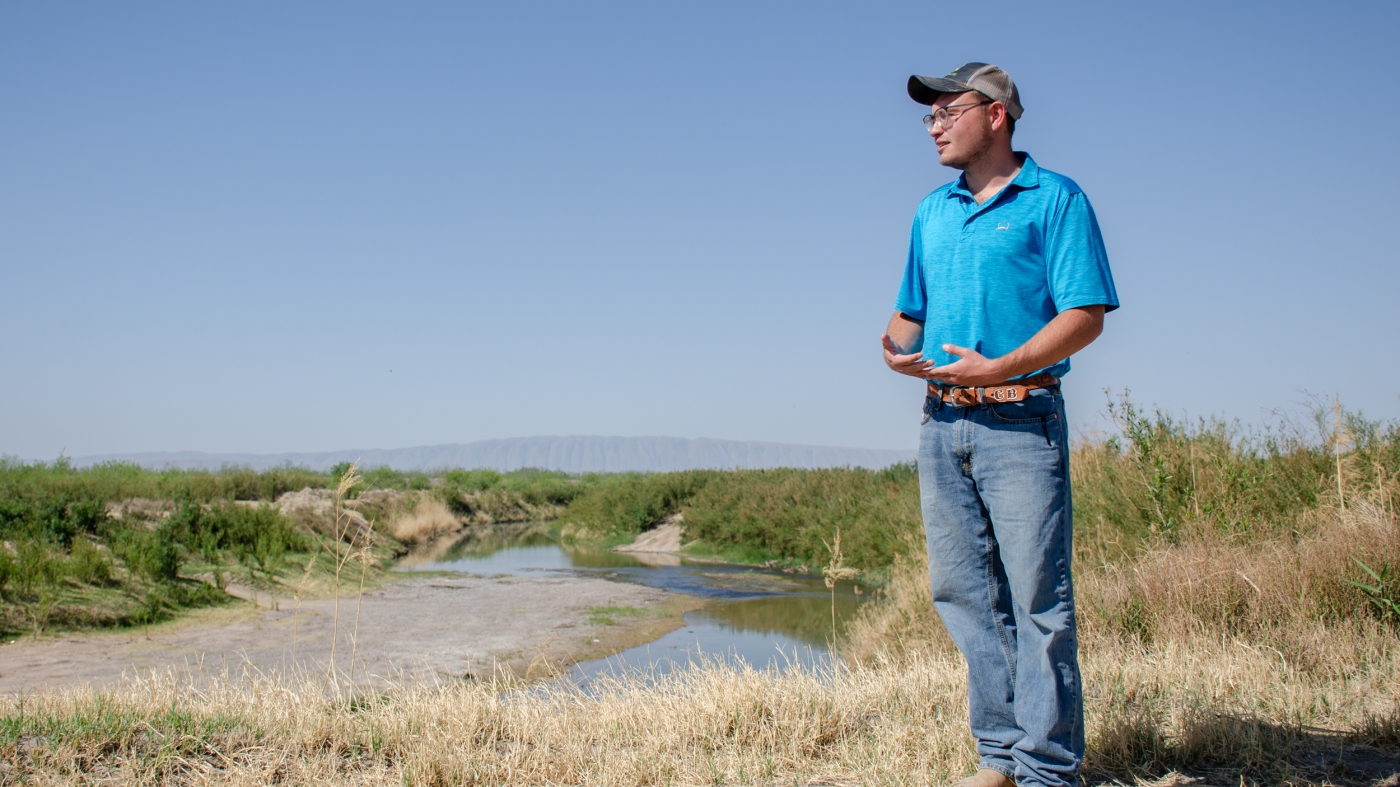Water Challenges Threaten Texas’ Agricultural Revival
In the arid lands of Presidio, Texas, farmers like Chris Bell are pinning their hopes on the Rio Grande to breathe life back into the region’s once-flourishing agricultural sector. Bell’s ambitions to cultivate alfalfa and turfgrass could be thwarted by a host of challenges involving water rights and availability.
Presidio sits at the confluence of the Rio Grande and Mexico’s Rio Conchos, a junction historically known as La Junta de los Rios. This area is thought to be Texas’ oldest continually cultivated farmland. “This land has been farmed for thousands of years, before even when Christ was born,” Bell remarked, highlighting the region’s rich agricultural legacy.
The Rio Grande’s waters, replenished by the Rio Conchos, are crucial for irrigation in this border region. However, a lingering drought, increasing populations, and outdated infrastructure have made it difficult for Mexico to meet its obligations under an 80-year-old treaty to supply water to the U.S. “It’s just been hard on everybody to get enough water,” Bell stated, underscoring the severity of the situation.
Complex Water Diplomacy
Mexico’s water deliveries have been inconsistent, causing significant economic strain on Texas agriculture, with estimated losses reaching hundreds of millions of dollars over the past decade. The U.S. has taken measures to enforce compliance, including tariff threats from former President Trump and denying water requests to Mexico, an unprecedented move in over 80 years.
Rosario Sanchez, a senior research scientist at Texas A&M University’s Texas Water Resources Institute, emphasized the need for “predictability and reliability” from Mexico, which has fallen short over the last 15 years. “You can impose anything you want, but that’s not going to create water,” Sanchez cautioned, highlighting the limitations of political pressure in resolving the issue.
Uncertain Future for Farmers
With only six months remaining until the treaty’s deadline, Mexico has delivered just 30% of its water commitment. Mexican President Claudia Sheinbaum announced that Mexico would expedite water deliveries as stipulated by the treaty. Yet, farmers like Valentin Sanchez view these measures as temporary relief. “Once that’s over though, the water’s gonna run out all over again,” he said.
The water scarcity has impacted not only local crops but also the broader state. Last year saw the closure of Texas’ last sugar mill, attributed to the water dispute, and fears are growing for the citrus industry in South Texas. “It’s not just affecting the border, it’s affecting everything,” lamented Valentin Sanchez.
As Mexico and the U.S. prepare to assess water conditions this summer, the future of farming in Presidio hangs in the balance, waiting for vital changes to avert a growing crisis.

Carlos Morales
“`
This article was originally written by www.npr.org







Be First to Comment